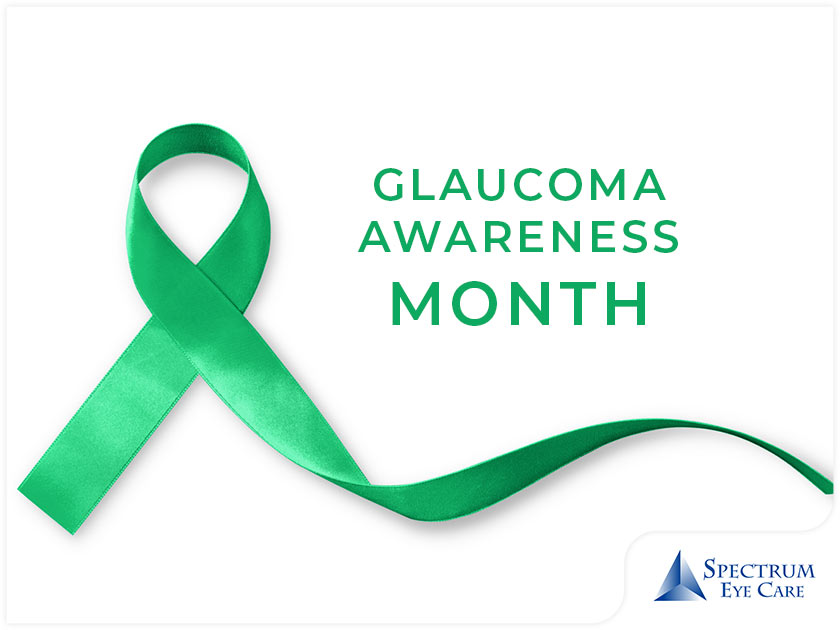Glaucoma is also known as the “silent thief of sight” because it is asymptomatic in the early stages, resulting in many people being unaware they have it. It currently affects more than three million people in the United States, with the National Eye Institute estimating this figure will exceed four million by 2030. Worldwide, it is among the leading causes of blindness, along with trachoma, cataracts and diabetic retinopathy.
As we observe National Glaucoma Awareness Month this January, now is a great time to spread the word to your friends and family about this eyesight-stealing condition. As your trusted eye care provider in the area, we share with you some facts you need to know about glaucoma.
1. Optic Nerve Damage
Glaucoma refers to a group of eye diseases that damage the eyes’ optic nerve, gradually causing vision loss. It is marked by an increase in pressure inside the eye, which happens when the eyes’ trabecular meshwork or the angle between your iris and cornea can no longer drain fluids effectively due to blockages.
2. Types of Glaucoma
There are two types of glaucoma—open-angle and narrow-angle. The former is the most common form of glaucoma in which the eyes’ drainage canals become clogged over time even when the area where the iris and cornea meet is as wide and open as it should be. The latter affects less than 10 percent of patients but is the more serious type of glaucoma. It happens when the iris bows forward, narrowing the gap with the cornea.
3. People at Risk of Glaucoma
Anyone can get glaucoma, but people of African, Asian and Hispanic descent are at a higher risk. The same can be said for people over 60 years of age, family members who have been diagnosed before, diabetics and those who are severely nearsighted. Scheduling a visit to your eye doctor is especially important if you fall within any of these high-risk groups.
4. Glaucoma Treatment and Management
There is no cure for glaucoma, but early detection and treatment can often stop its progression to preserve your vision. Eye drops, oral medicine or surgery can help reduce eye pressure and minimize potential vision loss. Follow your doctor’s advice and inform them about any side effects whenever you take medication. Schedule follow-up visits to continue monitoring eye pressure.
Spectrum Eye Care provides a wide range of eye care services, including comprehensive eye exams and prescription contact lenses and eyeglasses. Call (704) 543-9000 or fill out our contact form to schedule an appointment.

